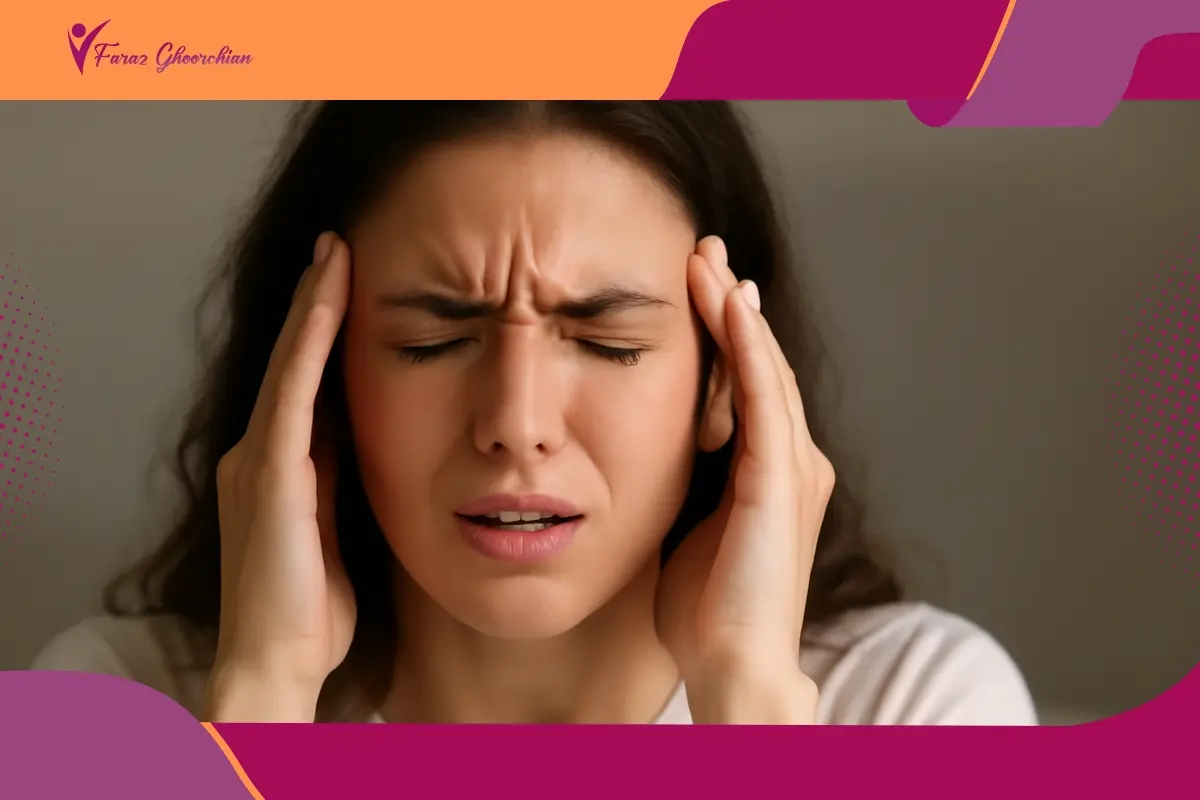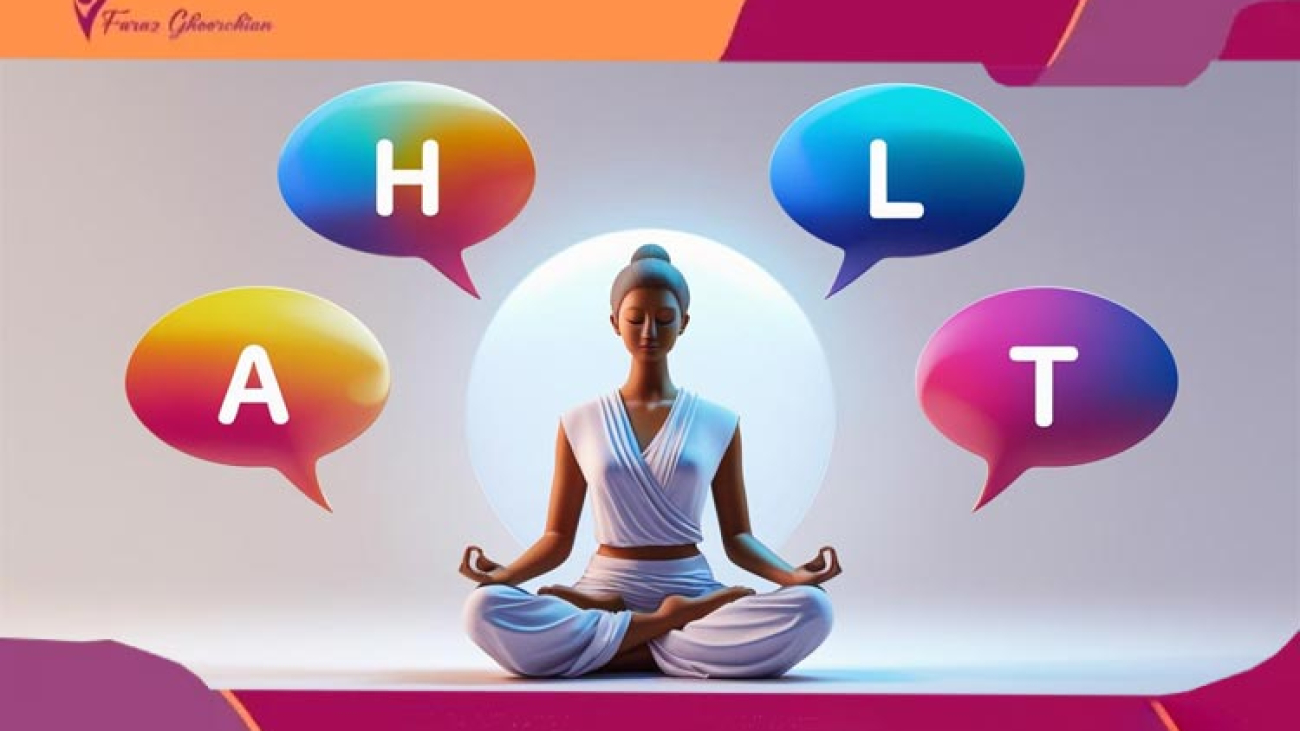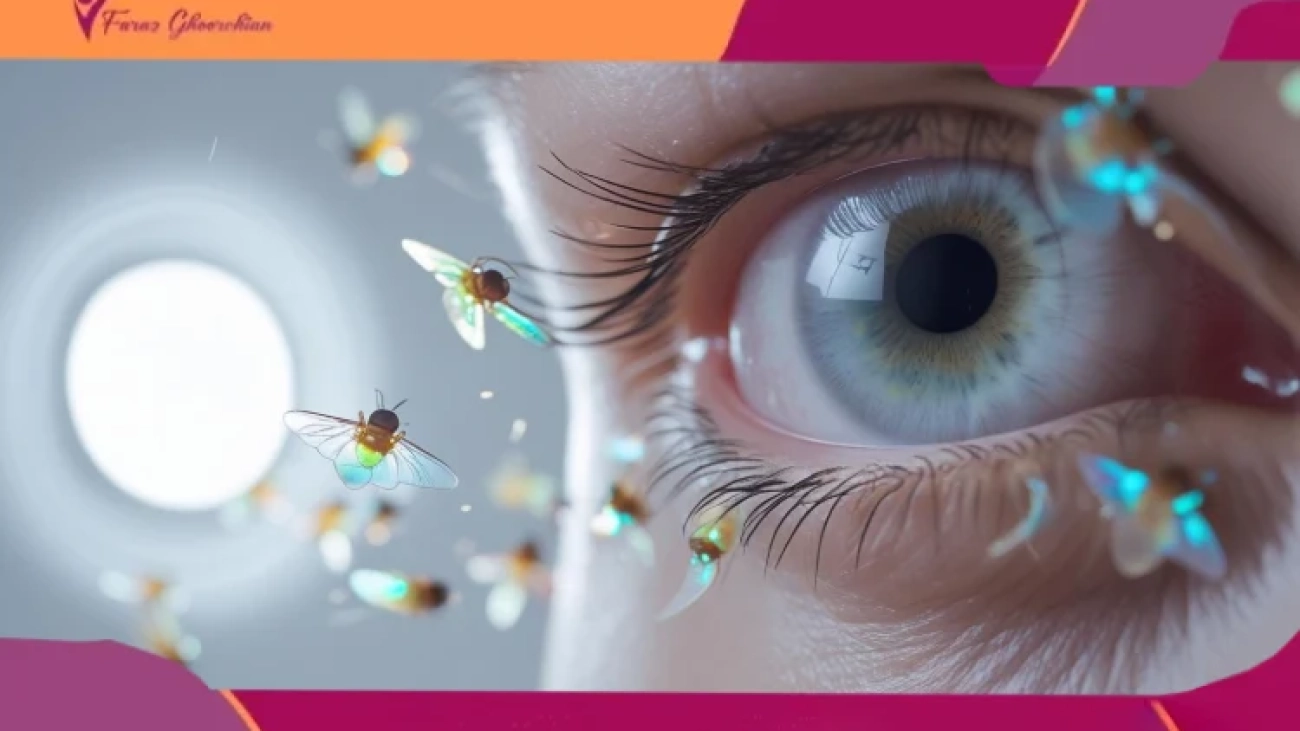Discover the truth about female masturbation; Its benefits, risks, cultural perceptions, and impact on sexual health, relationships, and mental well-being.
Introduction to Female Masturbation
When people hear the term female masturbation, they often react with curiosity, embarrassment, or even silence. It is one of those subjects that many women know about from personal experience but rarely talk about openly. In reality, it is simply a way of getting to know one’s body. Some women turn to it for comfort, others for pleasure, and many discover it naturally without guidance. Surveys and female masturbation statistics make it clear that it is far more common than cultural conversations suggest. The topic matters because it links to health, confidence, and intimacy. There are real benefits of female masturbation, yet questions remain about possible disadvantages of female masturbation, fertility, relationships, and even how it relates to concerns about masturbation and sexual dysfunction in women. Sorting through these myths and truths helps create a more balanced view, one that sees self-exploration as part of overall well-being.
Benefits of Female Masturbation
People rarely admit it out loud, but female masturbation is something most women try at some point in life. It is private, it is natural, and for many it becomes a quiet tool for handling daily pressures. When looking past the myths, the benefits of female masturbation show up in very practical ways. Women who are new to self-exploration often seek female masturbation tips, not only for pleasure but also to better understand their own bodies in a healthy way.
- Stress relief. A few minutes of self-stimulation can relax the body and help the mind let go of worry. Women often notice better sleep afterward.
- Body awareness. Knowing what feels good makes intimacy less awkward and reduces common female masturbation and body image issues.
- Emotional balance. The release of endorphins lifts mood and can ease anxiety, softening the negative psychological impact of female masturbation often tied to guilt.
- Relationship support. Women who understand their own responses usually communicate more clearly, which limits many female masturbation and relationship issues.
- Physical comfort. Some report fewer cramps and improved circulation, which challenges old fears about the disadvantages of female masturbation.
What stands out is that the act is not only about sexual pleasure. It is tied to well-being, confidence, and the ability to feel at ease with one’s own body. Misconceptions linking it to masturbation and sexual dysfunction in women continue to spread, yet medical research shows these fears are largely unfounded.
Female Masturbation Statistics & Global Trends
When researchers ask about private habits, answers are never exact, but the results give a clear picture. Female masturbation statistics suggest that most women, regardless of age or background, try it at some point. In Western countries, surveys often show a majority admitting to the practice, while in Asia and the Middle East numbers look lower, mostly because many women hesitate to speak about it. That difference is less about behavior and more about cultural perceptions of female masturbation.
Younger women appear more open, and they are also more likely to link the practice with comfort, stress relief, or curiosity. Older generations often report similar experiences, but the words are harder to share. What these global snapshots reveal is that the benefits of female masturbation are noticed everywhere, even in places where the disadvantages of female masturbation dominate public debate. Behind the silence, the patterns are remarkably similar.
Physical Side Effects of Female Masturbation
The physical experience of female masturbation often brings comfort and relief, yet it is also a subject surrounded by many misconceptions. Some women worry about health risks, while others wonder if regular practice could cause problems over time. Looking closely at research and personal reports shows that most outcomes are safe, though certain issues may appear in specific situations. Understanding these details helps separate the real physical side effects of female masturbation from the myths.
Possible effects include:
- Temporary soreness: Overstimulation without rest can lead to minor irritation, but this usually passes quickly.
- Skin sensitivity: Excessive friction may cause redness or mild swelling, which highlights the need for moderation.
- Reduced cramps: Many women report that self-stimulation eases menstrual pain by improving blood flow and muscle relaxation.
- Improved circulation: Regular arousal enhances pelvic health, showing why some health experts connect it with the benefits of female masturbation rather than harm.
- Misinformation on weight and fertility: Concerns such as does masturbation cause weight gain female or does female masturbation affect fertilization have no scientific support.
In general, the negative effects of female masturbation are minor and temporary, while the positive influence on physical health is far more consistent. With balance and awareness, it becomes part of a healthy routine rather than a medical concern.
Psychological Impact of Female Masturbation
The emotional side of female masturbation is often more complicated than the physical. For some women it feels like a private release, for others it carries layers of guilt picked up from culture, religion, or family beliefs. That mix explains why the psychological impact of female masturbation can look so different from one person to another.
Some of the common experiences include:
- Relief from stress. Many women say it helps them unwind, clears the head, and supports overall balance. This is where the link between masturbation and mental health concerns in women becomes clear.
- Improved body confidence. Discovering what feels good can ease female masturbation and body image issues, giving women a stronger sense of comfort with themselves.
- Moments of shame. In stricter environments, self-pleasure may trigger guilt, feeding the belief in a masturbation side effect or the idea of negative effects of female masturbation even when no physical harm exists.
- Impact on intimacy. Women who feel secure in their own responses often communicate better with partners, which helps reduce female masturbation and relationship issues.
In practice, the mind responds as much to the meaning placed on the act as to the act itself. With understanding and acceptance, the experience often shifts from secrecy to a healthy form of self-care.
Religious & Ethical Perspectives
Religion has always shaped how women think about private behavior, and female masturbation is no exception. For some, faith provides comfort and clarity, while for others it creates tension between belief and experience. In Islamic teachings, the topic is complex. Many scholars point to the side effects of masturbation in female daily in Islam, describing it as harmful to spiritual growth, while a few see it as a lesser act compared to greater sins. The discussion often depends on the school of thought and the situation.
- Within Christianity, attitudes vary. Certain groups call it sinful, tying it to lust, while others focus on intention and leave it to personal conscience.
- In Hindu and Buddhist contexts, the emphasis usually falls on self-control, so female masturbation tends to be viewed as a distraction from discipline.
- Cultural values often weigh just as heavily as scripture. In many conservative families, shame surrounds the subject, which keeps myths about masturbation and sexual health risks for women alive even without medical evidence. Conversations about pornography are sometimes added to this mix, where concerns over desire and the effects of quitting porn further shape ethical debates.
What becomes clear is that the psychological impact of female masturbation is shaped less by the act itself and more by the meaning people attach to it. For women of faith, this balance between body and belief can feel like a lifelong negotiation.
Female Masturbation and Reproductive Health
Questions around fertility come up often whenever women talk about female masturbation. Some worry about whether it harms the uterus, while others ask directly, does female masturbation affect fertilization. The short answer from medical studies is no. It does not block conception and it does not damage reproductive organs. What it can do, however, is reduce stress and tension, which sometimes makes intimacy with a partner feel easier and more relaxed.
A few myths continue to circulate. One of the most common is does masturbation cause weight gain female. There is no scientific link, yet the fear is repeated in families and communities where the subject is rarely spoken about.
On the physical side, masturbation increases blood flow in the pelvic area, often easing cramps and keeping tissues healthy. Problems usually arise only with overuse, when irritation or tiredness may appear. These excessive female masturbation consequences are temporary and do not interfere with fertility.
In practice, the connection between female masturbation and reproductive health has more to do with belief than biology. With moderation, the act is not harmful and can even play a supportive role in overall comfort during the reproductive years.
Excessive Female Masturbation: Consequences & Risks
It is easy to see female masturbation as harmless, and in most cases it is. But when it becomes excessive, the balance can tip. The body may still cope, but emotions and daily routines sometimes do not. These changes are usually subtle at first and can build slowly.
Women often describe a few patterns:
- Soreness and irritation. Too much friction in a short time can leave skin tender. These physical side effects of female masturbation fade, but they remind the body to slow down.
- Emotional heaviness. Guilt or anxiety can grow if the habit feels secretive, echoing the deeper psychological impact of female masturbation.
- Strain in intimacy. When self-pleasure overshadows shared experiences, it may add to female masturbation and relationship issues, making closeness harder.
- Daily disruption. If thoughts circle back constantly to the act, study, work, or friendships may suffer, which reflects broader masturbation and mental health concerns in women.
Noticing these signals early is key. For some, simply adjusting habits works. Others think about limits, or even consider quitting masturbation if it begins to feel more controlling than freeing.
Cultural Perceptions & Relationship Dynamics
Attitudes toward female masturbation are not the same everywhere. In some Western cities, women talk about it openly, almost casually, and female masturbation statistics confirm that most see it as a normal part of life. In more traditional societies, the same behavior happens quietly, but it is rarely spoken of, which shows how strongly cultural perceptions of female masturbation can shape whether a woman feels confident or ashamed.
The way this carries into relationships is striking. For certain couples, self-pleasure is simply part of understanding desire, something that even improves communication. For others it feels like a hidden habit, and that secrecy sometimes fuels female masturbation and relationship issues. Expectations from pornography add pressure too, which is why questions such as Is Watching Porn Really Harmful come up in these conversations.
In the end, what matters most is openness. When women and their partners can talk honestly, female masturbation stops being a source of conflict and instead becomes part of healthier intimacy.
Conclusion: Balance, Awareness, and Healthy Sexuality
Talking honestly about female masturbation shows that it is not a strange habit but part of how many women understand their own bodies. For some it feels calming, even healing, while others worry about the disadvantages of female masturbation because of what they were taught to believe. The science is simple: most physical side effects of female masturbation are mild and pass quickly, while the emotional side is often shaped more by culture than by biology.
The real challenge lies in how women carry it in their minds. Shame can make the psychological impact of female masturbation feel heavy, yet openness usually brings relief. In relationships, silence creates distance, while conversation helps prevent common female masturbation and relationship issues.
What becomes clear is that balance matters. With awareness, the practice can support health instead of conflict, and sexuality becomes something honest, confident, and free of unnecessary myths.

















 for Long-Term Balance
for Long-Term Balance






























